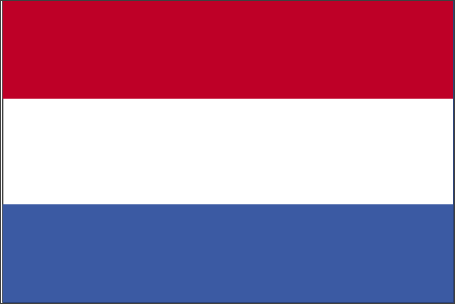Dutch politicians, unions, employee groups agree on economic plan
 Amsterdam - Dutch labour unions, employee organisations and government coalition parties began deliberations Wednesday to decide if they will support a 6-billion-euro (8.10-million-dollar) government proposal designed to bolster the economy.
Amsterdam - Dutch labour unions, employee organisations and government coalition parties began deliberations Wednesday to decide if they will support a 6-billion-euro (8.10-million-dollar) government proposal designed to bolster the economy.
If each group lends its support to the plan, the government is expected to release details later Wednesday. Support from the government's so-called social partners is key to winning broader backing for the plan.
Dutch media had already reported some details of the six-year plan to pump money into the economy earlier.
Provided the economy is back on its feet by 2011, spending cuts of more than 5 billion euros would then follow in an attempt to reduce the budget deficit, which is due to amount to between 5 to 6 per cent of GDP in 2010.
The government investment would focus on youth unemployment prevention, infrastructure projects and durable energy.
A controversial airport tax the Dutch implemented in July 2008 - resulting in a substantial drop in passengers for Schiphol Airport - would be cancelled under the plan.
Employee groups also agreed to allow a freeze on public sector salaries for the time being. In addition, Dutch pension funds would receive more time and opportunity to improve their financial positions.
The coverage ratio levels of all major Dutch pension funds - which indicates to what extent a fund can meet its future financial obligations - have dropped to between 80 and 90 percent.
This is substantially below the legally required minimum of 105 per cent.
Government plans to raise the legal retirement age from 65 to 67 - a plan the Dutch were debating already before the financial crisis - would be postponed.
The government has given the labour union until October 1 to present alternative measures that will free similar amounts of money necessary to reduce the budget deficit.
It is the first time in more than eight years that the Dutch government, labour unions and employee's organisations have negotiated an agreement about salaries and pensions.
The Dutch style of negotiating a compromise among various social interest groups before publishing far-reaching government measures is known as the "polder model". (dpa)